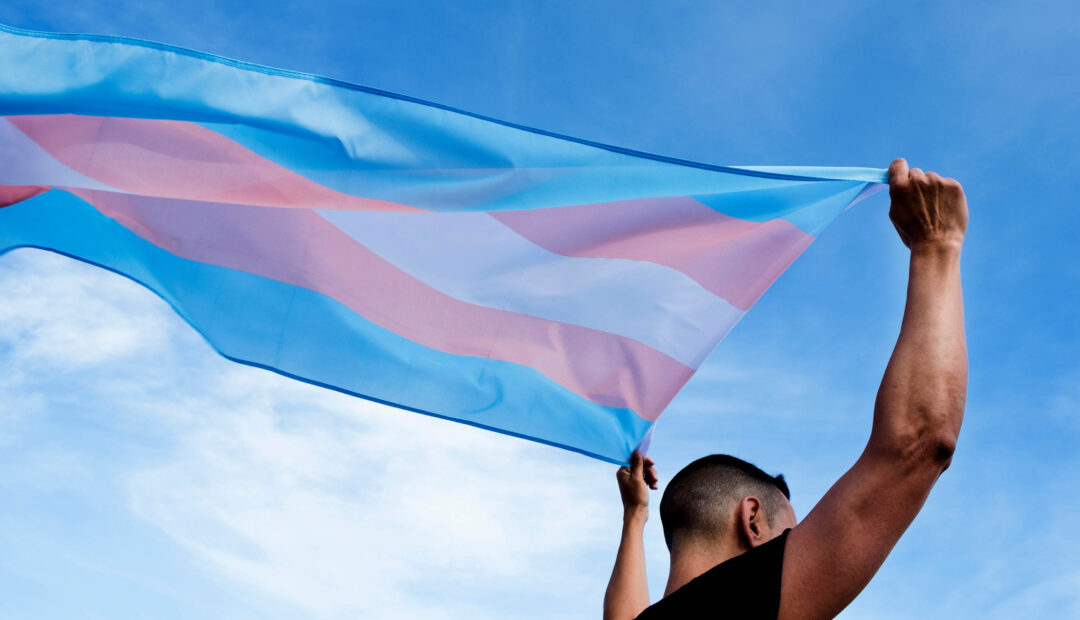Since the start of 2023, over 11 states have introduced legislation limiting transgender health care. This comes after a wave of anti-transgender legislation was passed in 2022, with over 23 states passing a combined 344 laws targeting gender-affirming care and protection against violence for transgender and non-binary individuals.
Recently, Utah Governor Spencer Cox signed SB 16, a bill banning gender-affirming care to transgender patients under the age of 18. SB 16 also bans the use of hormonal treatments for patients not diagnosed with gender dysphoria before a certain date. Oklahoma also passed SB 129, which would prevent transgender patients under the age of 18 from receiving gender-affirming care. Texas governor Greg Abbott also released a statement last year, likening gender-affirming care to patients under 18 to child abuse.
In 2022, the World Association for Transgender Health released a statement, saying that children experiencing gender dysphoria were eligible to receive hormone treatment at age 14, and were qualified for certain surgeries at ages 15 and 17.
The Human Rights Campaign condemned the actions of Governor Cox in a press release. HRC’s State Legislative Director and Senior Counsel, Cathryn Oakley, responded to Utah’s new bill in a statement, saying: “In signing this bill into law, Governor Cox has directly placed the LGBTQ+ youth he previously claimed to want to protect in harm’s way,” says Oakley.
Erin Reed, a researcher who tracks transgender legislation, says that much of this legislation has passed through statehouses where Republicans have increased their margins. Reed predicts that there will be an increase in anti-transgender legislation that failed to pass previously.
A recent study from the Trevor Project showed that transgender youth with access to gender-affirming care experience lower rates of depression and suicide.


